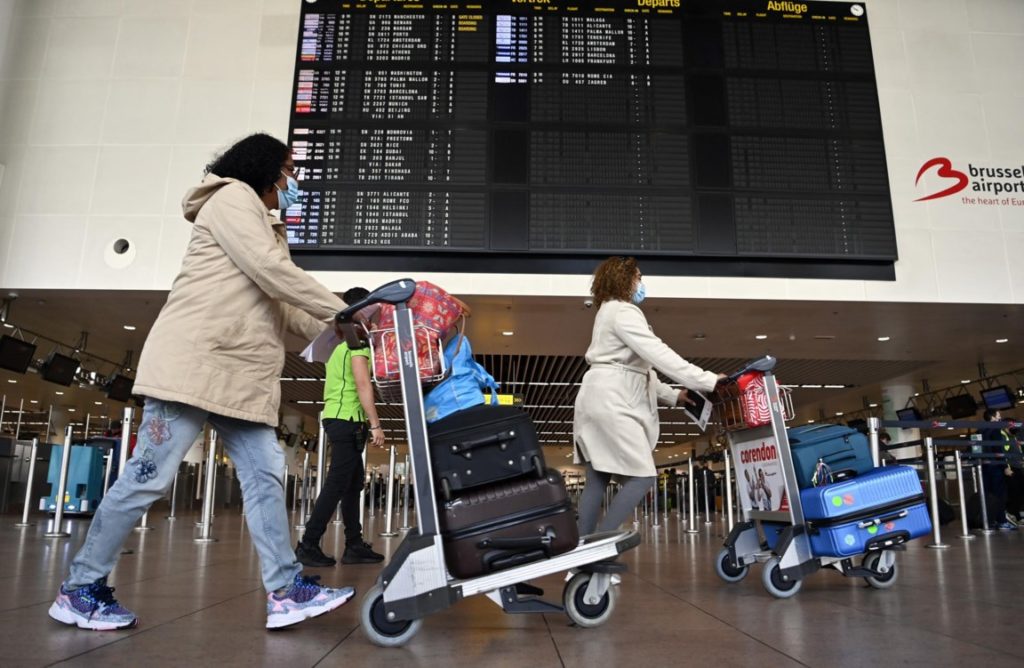As the number of coronavirus infections in Belgium continues to rise, some epidemiological models are predicting a fourth wave, stated virologist and interfederal Covid-19 spokesperson Steven Van Gucht.
Despite the high vaccination rate, the hospital figures will also start rising if the number of infections continues to grow, according to Van Gucht.
"There are still plenty of people who are only half-vaccinated or not at all, including some high-risk patients," he told Het Laatste Nieuws. "That's why our hospital admissions could also rise."
The situation will not get as bad as it was at the end of last year, according to Van Gucht, "but there are models that are more pessimistic."
"Some of those pessimistic models do show a fourth wave that is as bad as what we experienced in the winter and in the autumn," he said. "So the main conclusion is to remain cautious."
Related News
- 'Fourth wave is already underway in Europe,' says Belgian expert
- Rise is going 'faster than expected' in Belgium and Europe, warns Vlieghe
Additionally, if Belgium turns completely orange on the travel map of the European Centre for Disease Prevention and Control (ECDC), it will be because of the percentage of positive tests, according to Van Gucht.
"The number of hospital admissions is not taken into account, it is really about the circulation of the virus," he said.
However, the situation is "not that bad" when looking at the hospital figures Van Guch explained, adding that they even decreased slightly on Thursday.
"The occupancy on intensive care is also slightly down, I expect a stabilisation there as well," he said.
However, according to experts such as biostatistician Geert Molenberghs and infectious disease experts Erika Vlieghe, the rise in infections is going a lot faster than expected, both in Belgium and in Europe, and the fourth wave "is already underway."
“The problem is that the group of people who are not yet fully vaccinated is still too large,” Vlieghe said on VRT’s Terzake programme last week.
“We are on the right track with the vaccination campaign, but it will continue throughout the summer,” she said. “Until then, we will have to remain cautious.”
The relaxations are “going very fast” and “give the impression that we are invulnerable,” according to Vlieghe, “but the virus is still here.”
Molenberghs, like Van Gucht, stressed that a large group of people in Belgium and across the EU, have not been fully vaccinated yet.
“The figures are rising in too many countries to say that this is not something we should be concerned about. The fourth wave of infections is already underway,” he told Het Laatste Nieuws last Tuesday.
Whether or not we can turn the tide depends on people’s reaction to the increase, according to Molenberghs.
“The laws of the virus do not stop: the earlier we adapt, the easier it is to turn around,” he said. “If the train goes faster and faster, it will be increasingly difficult to stop it and make it go in another direction.”
“There is little reason to assume that our figures will go down spontaneously after a few weeks,” Molenberghs stressed, adding that he hopes the rise can be a kind of wake-up call for people.
In the meantime, the Consultative Committee that was supposed to take place on Friday and was expected to give the green light for the next stage of relaxations in August, has been postponed to next week due to the bad weather, but the exact date has yet to be determined.

